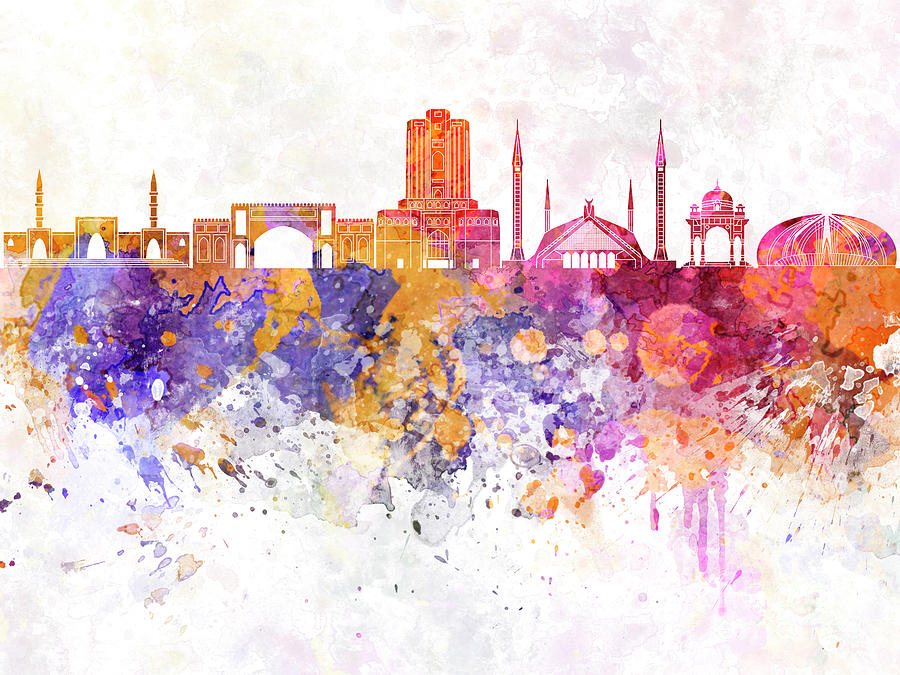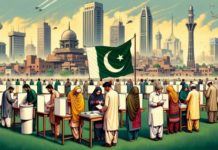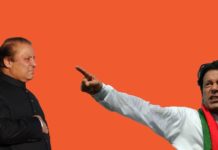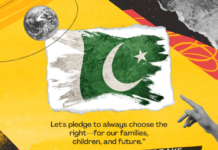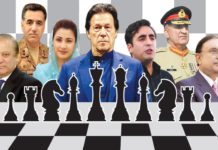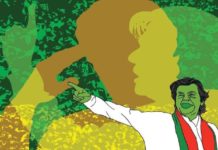In almost every instance, Karachi is undergoing multiple transitions at the same time i.e. political, modernization, globalization, urbanization, violence and crime, resulting in gradual but consistent erosion of internal social cohesion. Recent studies suggest that such a deterioration of the social fabric has made individuals and groups less amiable, hence, inability to develop their own collective interests.
Muhajir – Sindhi Clashes began soon after partition on the contentious issue of distribution of Hindu Evacuee property distribution disputes between the migrants and local settlers.
Pashtun – Muhajir Riots. After Ayub Khan’s victory in Presidential Elections, riots erupted between Muhajirs supporting Mohtarama Fatima Jinnah and Hazara-Pashtuns supporting Ayub Khan leading to large scale blood bath in the city.
Political Violence in 1970s. Three major areas which fueled political violence in the 1970s were:- (a) Sindhi – Muhajir Language Riots (1972), (b) Post Elections Political Riots (1977), (c) Armed Militarization of University Campuses.
Emergence of MQM. . The idea of Muhajirs forming a distinct ethnic group became a rallying point against the so called repression and discrimination from Sindhis, Pashtuns, Punjabis and Baloch. However, the MQM has faced off against all ethnic groups in the efforts to wield power including the security forces.
The Muhajir – Pashtun Riots (1985). Until the 1980s, Muhajir entrepreneurs managed and apportioned illegal subdivisions of the settlements. This status quo was challenged, however, by Pashtuns migrating to Karachi from Northwestern Pakistan. Muhajir entrepreneurs retention of control over squatter settlements and public transport in the city, resulted in rise in ethnic tensions between Muhajirs and Pashtuns, leading to Karachi’s first citywide ethnic riot in April 1985, which claimed more than a hundred lives.
ANP and Pashtun Support. Since 2003, Pashtuns have challenged the MQM dominance through ANP platform. The Pashtun resistance is more akin to power.
Battleground Karachi. Home to 22 million people, Karachi has become a battlefield for the ethnic and political parties. It has transformed into a safe heaven for criminal and drug gangs. Mafia groups have developed alliances with political and ethnic groups and religious extremists. The highly complex nature of ethno-political landscape is the recipe for social unrest and law & order situation in Karachi. Muhajirs, Sindhis, Baloch, Pashtuns, Bengalis, Burmese and Afghans have contributed in exacerbating the already precarious security milieu.
Proliferation of Militancy. Karachi’s precarious security situation has been marred by recent rise in militant and terrorist attacks. With more than 3,000 madrassahs, the city serves as a preferred sanctuary, organizational hub, fundraising and recruitment grounds of the Tehrik-e-Taliban Pakistan (TTP) and other banned sectarian outfits and militant groups.
Mapping Terrorism. Along with Pakistan’s northwestern tribal belt, Karachi also has emerged as a vital hub of terrorism. TTP’s expansion since 2008 has been matched by its extraordinary progress in military tactics. In 2011, one of the TTP’s most bold attacks unfolded in Karachi, when militants attacked Pakistan Naval Station (PNS) Mehran, killing thirteen people and destroying two P-3C Orion maritime surveillance aircraft. That same month, the global consulting firm Mercer ranked Karachi 216th out of 221 cities; the lowest in the Asia-Pacific region on a Personal Safety Index that accounted for ethnic and sectarian violence as well as terrorist attacks.
Political Patronage of Violence. In the turf war between criminal gangs, patronage of mainstream political parties is the actual issue. Political support undermines police. Political parties regulate violence to suit their agendas. The state has lost its writ in Karachi”.
Policymakers must urgently address Karachi’s violence and implement comprehensive rather than cosmetic solutions. Given the central importance of Karachi, the provincial administration with support of Federal government should take measures to stem crime, violence and lawlessness in the city. The only solution to incessant ethno-political violence and criminal activities is political negotiation leading to a culture of representative politics. In a nutshell, the way forward through existing milieu of crime, violence and law & order situation in Karachi is through good governance, strong political will, political reconciliation, power sharing and efficient policing a& justice system devoid of any political constraints. A peaceful and prosperous Karachi is the key to Pakistan’s progress and prosperity.


